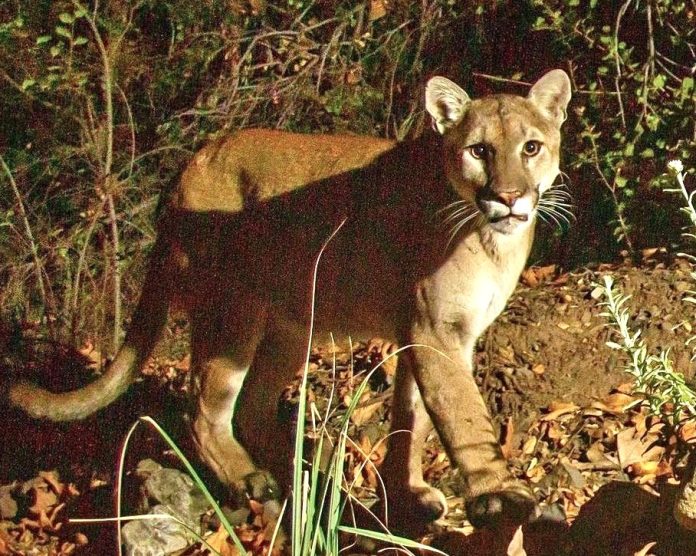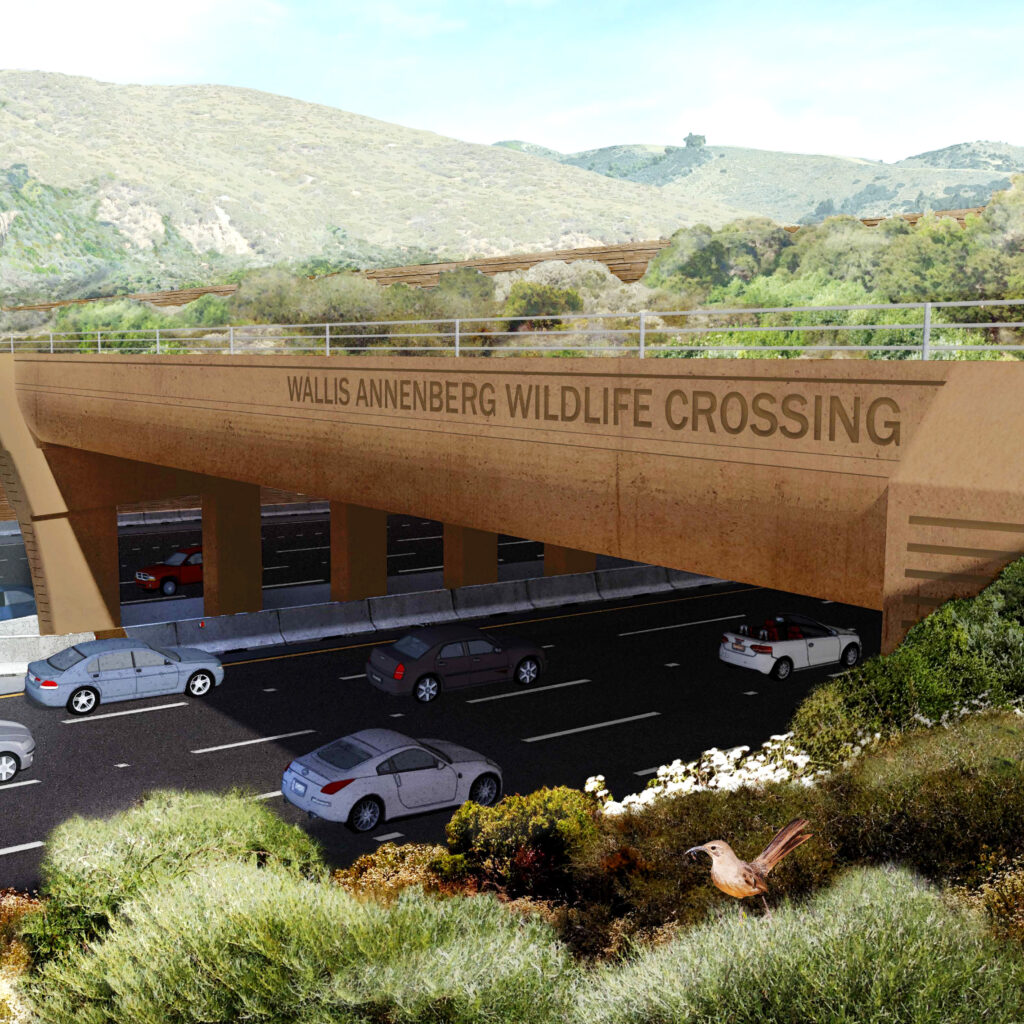
Mountain Lion Found Dead On 101 Freeway Close To Under-Construction Wildlife Crossing
You can help all animals and our planet by choosing compassion on your plate and in your glass. #GoVeg
RELATED ARTICLES
Pressure Mounts For Arizona To Ban Dog Pack Hunting Of Mountain Lions, Bears & Other Critical Species
Conservation groups have submitted a petition to the Arizona Game and Fish Commission urging a ban on the use of dog packs for hunting...
Help Save Millions Of Lives This Holiday By Choosing Compassion On Your Plate; Adopt A Turkey Today!
As Thanksgiving approaches, we hope you enjoy a warm and safe holiday. We encourage you to make a compassionate choice by leaving animals off...
Giraffes Are One Step Closer To Receiving Vital Endangered Species Act Protections
In response to a petition and subsequent lawsuit by conservation and animal protection organizations, the U.S. Fish and Wildlife Service (USFWS) has proposed listing...
Popular stories
News
Shocking Court Decision Allows Tule Elk To Continue To Die From Dehydration And Starvation; This Must End!
Last week, The Animal Legal Defense Fund and local residents represented by Harvard Law School’s Animal Law & Policy Clinic, appealed a recent ruling in...
Breaking News
A Lioness & Her Three Cubs Rescued From War-Torn Ukraine Find Their Forever Home In The UK
Photos by: Yorkshire Wildlife Park
A lioness and her three cubs have arrived safely at their forever home at Yorkshire Wildlife Park in the United...
News
The UK Government Announces Plans To Ban The Brutal Shark Fin Trade As Part Of The New Action Plan For Animal Welfare
Earlier this week, International Ocean Minister Lord Goldsmith announced that as part of the new Action Plan For Animal Welfare, the UK will go further than...



